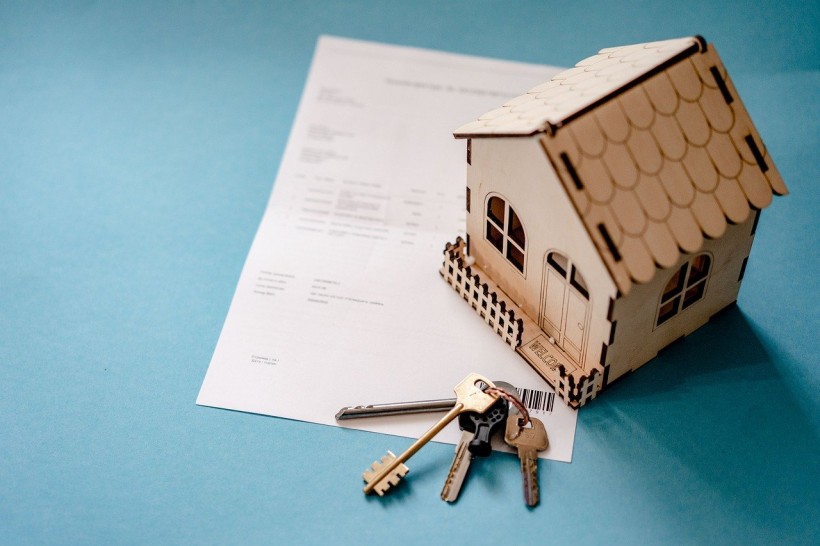
(Photo : Alexandr Podvalny from Pixabay)
When you think about the real estate industry, technology innovation may not be the first thing that springs to mind. You still need an agent, you still need to view the property in person, and you still have a mountain of paperwork to deal with along the way. In many ways, it's an industry stuck in the past.
The real estate industry has often proven resistant to major technology changes, but there are major shifts happening.
Online Digital Marketplaces
The big hurdle toward innovation in real estate has been how much the industry has resisted moving online. At the end of the day, buying a house is a financial transaction too important to happen entirely online for most homebuyers, but there's a lot of room for automating processes and cutting costs along the way.
Online digital marketplace Nobul is a great example of how technology can provide a major change in part of the real estate process. It offers a radical change in how homebuyers and sellers find a real estate agent to work with. Consumers get to see competing fees and lists of services provided by different agents, and the competition is pressuring agents to justify their fees.
In a recent interview, the inventor and founder of Nobul, Regan McGee, explained how he saw Nobul fitting into the technological revolution happening in real estate today:
"Our marketplace is both revolutionary and evolutionary. Consumers have grown accustomed to online marketplaces, price and product comparison tools, and professional and consumer reviews to make purchases. Nobul is the next logical step in this evolution when it comes to real estate."
Blockchain & Smart Contracts
Real estate can also be a very contract-heavy industry. Consumers may wind up signing multiple contracts with their agents, and there are a number of secondary agreements and waivers that can be involved in the closing process.
Smart contracts are built on blockchain ledgers to automate the process of confirming that conditions have been fulfilled. Smart contracts can automatically register or transfer property once predefined conditions (such as inspections, title search, insurance, contingencies, etc.) have been met.
Smart contracts can help automate processes and reduce fees as a result. They're a secure way to meet the complexities of many real estate contracts.
AI and Big Data Analytics
The wealth of data available in real estate can be truly stunning. You can find data such as sunlight hours on a property, the quality of neighborhood schools, walkability scores, flood risk projections, local crime rates, local market conditions, and even traffic conditions.
Given how much data there is, Artificial Intelligence is increasingly necessary for property matching and market analysis. Real estate agents are increasingly using AI to apply hundreds of parameters at once, developers and investors are using AI to analyze local markets and time their purchases, and mortgage lenders and insurance providers use big data to help them process applications.
The effects of AI may be less visible to consumers, but it's a technology having a major impact on the real estate industry right now.
Technology has the potential to automate significant parts of the real estate process and give consumers more power and information than they've ever had before. As digital marketplaces, smart contracts, and AI-led data analysis continue to contribute to the industry, consumers will benefit from an industry in the midst of major evolution.
* This is a contributed article and this content does not necessarily represent the views of hngn.com








